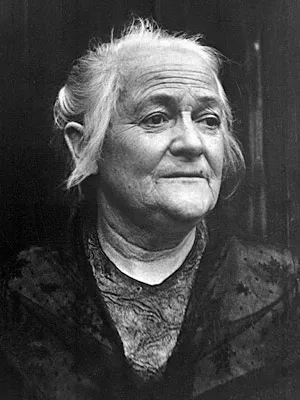
Full Name: Zakaria Mohieddin
Birth Year: 1918
Nationality: Egyptian
Profession: General and Politician
Political Position: 33rd Prime Minister of Egypt
Death Year: 2012
1918 – Zakaria Mohieddin, Egyptian general and politician, 33rd Prime Minister of Egypt (d. 2012)
Zakaria Mohieddin was not just a name etched in the annals of Egyptian history; he was a beacon of change during a transformative period. Born in 1918, Mohieddin emerged from humble beginnings. His early life was marked by the echoes of political unrest that enveloped Egypt as it struggled to assert its independence from colonial powers. As tensions mounted, the young Mohieddin found himself drawn into the nationalistic fervor sweeping through his homeland, perhaps igniting a fire within him that would guide his future.
Fast forward to his teenage years imagine a bright-eyed youth bustling through Cairo's crowded streets, captivated by tales of revolution and freedom. At 18, he enlisted in the military; it wasn’t merely an act of duty but rather an awakening to his country's plight. This decision would prove pivotal not only for his own destiny but for Egypt itself.
Despite this momentous choice, Mohieddin faced challenges that many young officers could hardly fathom. The military's political landscape was treacherous; factionalism and differing ideologies often clashed like thunderclouds above a parched desert. However, this tumultuous environment honed his leadership skills and shaped him into a formidable figure who would soon rise through the ranks.
During World War II, while many young men fought abroad or endured hardships at home, Mohieddin immersed himself in military strategy and tactics arguably one of the best moves he could have made during such uncertain times. He took note of both foreign and domestic threats facing Egypt and began formulating ideas on how to navigate them effectively.
In 1948, as tensions escalated with Israel's establishment a moment fraught with implications for Arab unity Mohieddin played an integral role in shaping military responses. Who knows what might have happened had he not been there? His decisive actions became part of a larger narrative that saw Egypt grapple with its identity amid chaos.
The late 1940s were turbulent years filled with protests against King Farouk’s regime a monarchy increasingly seen as corrupt and disconnected from its people’s needs. Herein lies another twist: while many army officers were reluctant to take action against their king due to loyalty or fear for their careers, Mohieddin recognized an opportunity brewing like storm clouds on the horizon.
On July 23rd, 1952 a date seared into Egyptian consciousness the revolution erupted! The Free Officers Movement led by General Muhammad Naguib and Colonel Gamal Abdel Nasser sparked widespread uprising against Farouk’s rule. In those chaotic moments punctuated by gunfire and cries for justice, Zakaria Mohieddin stood resolute among fellow officers committed to radical reform.
This monumental shift carried significant consequences: suddenly thrusting him into prominence as Minister of Interior under Nasser's administration! Yet irony dripped from every decision made post-revolution the very power seized meant navigating treacherous waters filled with both supporters yearning for change yet skeptics wary about too much upheaval too quickly...
Crisis after crisis tested their resolve; however their collective vision drove them forward despite all obstacles faced along this unpredictable path toward modernization! It wasn’t until 1960 when Zakaria became Prime Minister his ascension symbolizing hope amidst uncertainties lingering ever since independence had been declared decades earlier!
A Turning Point
Beneath layers upon layers lies complexity regarding leadership dynamics surrounding this era it is essential we address controversies swirling around key figures involved such as Zakaria himself whose tenure lasted only two years yet left indelible marks across various sectors ranging from education reform initiatives aimed at elevating literacy rates among citizens all across Egypt!
The Nationalization Policies
With bold strokes reminiscent perhaps more suited toward artistic expression than politics alone came nationalization policies transforming vital industries! Perhaps it could be said these actions reflected deeper currents flowing beneath surface appearances where ambitions collided head-on against traditionalists clinging desperately onto old systems fearing loss autonomy slipping away forever…
This move towards state control stirred public opinion dramatically leaving people divided amongst themselves regarding efficacy results produced therein creating ripples echoing throughout time until present day even now we can witness remnants thereof influencing current practices leading up today’s events!Skeptics claimed losses incurred outweighed potential gains suggesting efficiency hindered productivity overall whereas ardent supporters heralded success stories showcasing economic prosperity achieved beyond mere expectation!
A New Direction Emerges
Tensions simmering gradually gave way post-1956 Suez Crisis opening doors wide enough allowing previously unthinkable alliances emerge reshaping landscape forevermore revealing unexpected connections forged amongst nations historically viewed oppositional perspectives altogether! Consequently emerging stronger united front focused rebuilding ties exploring common goals shared alongside greater aspirations held dearer still today than yesterday in short giving birth renewed hopes paving paths leading onwards brighter futures awaiting realization ahead promising possibilities never imagined before … <\>"









